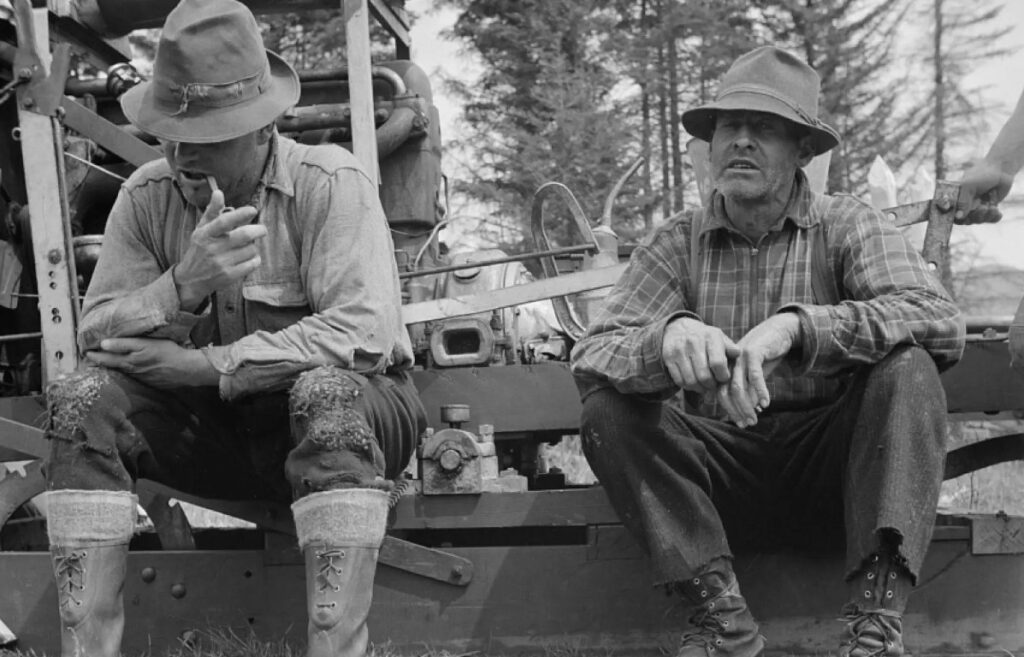Patrick Lacroix, Ph.D., is a former Fulbright fellow and a former instructor at Phillips Exeter Academy. He has also taught at postsecondary institutions in New Hampshire, Quebec, and Nova Scotia. As a scholar of U.S. religious history, Dr. Lacroix studies faith-based activism and its role in twentieth-century political realignments. His first monograph, John F. Kennedy and the Politics of Faith (University Press of Kansas, 2021) finds in the early 1960s a rapid shift in religious discourse that produced a new political and ideological landscape. Dr. Lacroix has brought historical perspective to the current state of religious activism in a number of outlets, including the History News Network, the Washington Post, and the Concord Monitor.
Dr. Lacroix is also a leading scholar of Franco-American history. He has authored articles in numerous peer-reviewed journals as well as “Tout nous serait possible”: Une histoire politique des Franco-Américains, 1874-1945 (Presses de l’Université Laval, 2021). A native of Quebec, he studies points of intersection in Canadian and American “national” histories by studying migration and other encounters across the international border. He currently serves as director of the Acadian Archives in Fort Kent, Maine.
Dr. Lacroix is available for interviews and public lectures on any aspect of his research and writing. Please use the contact page for any comment or inquiry.
RECENT ARTICLES
Farewell to JFK
As we mark the sixtieth anniversary of John F. Kennedy’s assassination, Kennedy’s legacy and place in our collective psyche could not be more doubtful. Although many Americans still vividly recall the day Kennedy died, his time in office is quickly evaporating from our memory. We are left to wonder about the significance of his “thousand days” in office—a blip in the larger span of U.S. history. Even the long-debated circumstances of the assassination now seem lost in a world newly rife with conspiratorial thinking. Is Kennedy on his way to becoming another Zachary Taylor or James Garfield?’Read more on Current.
The Nuclear Threat: Then and Now
The ultimate lesson of the Cuban Missile Crisis in the present day is not to appease rogue countries or compromise on national security; Kennedy stood firm in the face of the Soviet threat. But, as we think of a future beyond the war in Ukraine, we will have to seek out opportunities for a stable, enduring peace. This will require taking risks and daring to dialogue despite seemingly unsurmountable differences, all in the interest of “our most basic common link.” Read more on the Lewiston Sun-Journal website.

Retour sur l’épopée franco-américaine
Il y a quelques semaines, on nous rappelait ici même que l’histoire de l’émigration de Québécois et de Québécoises aux États-Unis est plus récente que ne le laissent entendre les grands ouvrages sur le sujet. D’autres articles font état des efforts toujours consacrés à l’épanouissement de la culture canadienne-française au sud de la frontière. Pourtant, les Franco-Américains et les Franco-Américaines, « ces autres vous-mêmes » comme disait Claire Quintal, sont souvent relégués aux périphéries de l’univers intellectuel québécois. Continuez à lire sur le site du Devoir.